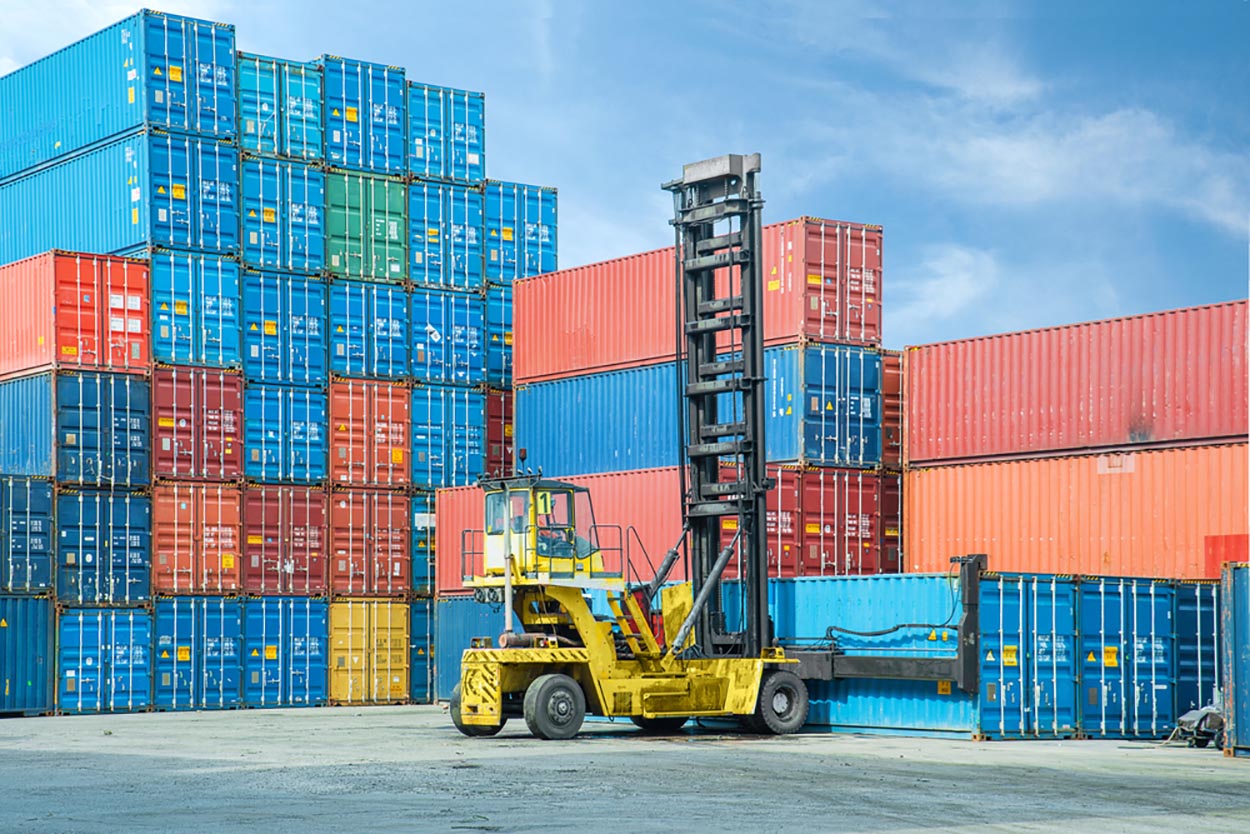
The range of cargo excursions comes from their ability to adapt to various modes of transport in order to satisfy specific shipping requirements. Air freight is a speedy and efficient option and is favored for high-value or time-sensitive cargoes like medical devices and electronics. Ocean freight is the most popular by volume as it allows the movement of large quantities of commodities like agricultural commodities, crude oil such as cars and agricultural products. Land transportation, which includes railroad networks and trucks connects airports, ports, and ports with their destinations. This provides efficient logistics solutions. The integration of these transport modes in multimodal systems allows cargo trips to find a balance between efficiency, cost, and delivery timelines, making them indispensable to all businesses.
Technology has changed the way cargo exploration industry by streamlining processes and boosting the transparency. Technologies like GPS tracking as well as automated inventory systems as well as blockchain technology, have revolutionized the ways cargo is controlled and tracked. They allow immediate updates to allow companies to keep track of shipments and avoid delays. Further, artificial intelligence and data analytics are utilized to enhance routes, forecast demands, and boost processing of decisions. Integration of technology can not only boost efficiency but also fosters the trust and co-operation between logistics service providers and their customers. In an industry where precision and dependability are essential the technology revolution is one that ensures continuous improvement.
As the global logistics industry expands, technology has played an increasingly important role in the development of cargo-related expeditions. Innovative tracking technologies, digital documentation, and automated Cargo Expedition handling are transforming the manner in which goods are handled throughout the process of expedition. GPS and RFID technologies allow continuous tracking of cargo which provide both the shipping firm and the customers with accurate information regarding where the cargo is. These technological advancements have made it simpler to check the condition of cargo, which ensures that any delays or issues are promptly resolved. In addition, digitalization has helped streamline process of documentation, which has reduced the need for paper-based paperwork and making the clearance of cargo easier and faster. To obtain additional details please check this great site

The efficiency of cargo trips heavily depends on the skills and coordination of logistics specialists. These professionals manage intricate supply chains and ensure conformity with international trade regulations and customs requirements. They work tirelessly to identify and overcome any potential issues, like delays, geopolitical tensions and weather disturbances. Their ability to coordinate between various modes of transportation or time zones as well as languages is crucial to maintaining the effectiveness of trade across borders. Continuous education and training is essential to this industry that allows workers to be able to respond to advancements in technology and the constant demands of the global market.
Cargo expeditions are the cornerstone of international trade, which allows the movement of goods and boosting economic growth globally. By utilizing advanced transportation methods with cutting-edge technology and an attention to sustainable development, the business continues to grow to meet the growing demands of a connected world. Their dedication and knowledge of professionals in logistics further improve the effectiveness and reliability of their operations, guaranteeing that companies can succeed in competitive markets. With global trade continuing to expand, cargo journeys continue to be a crucial part of the supply chain that will aid in commerce and fostering collaboration in a way that is unprecedented. Their influence extends beyond logistics, shaping economies, and connecting communities around all over the globe.